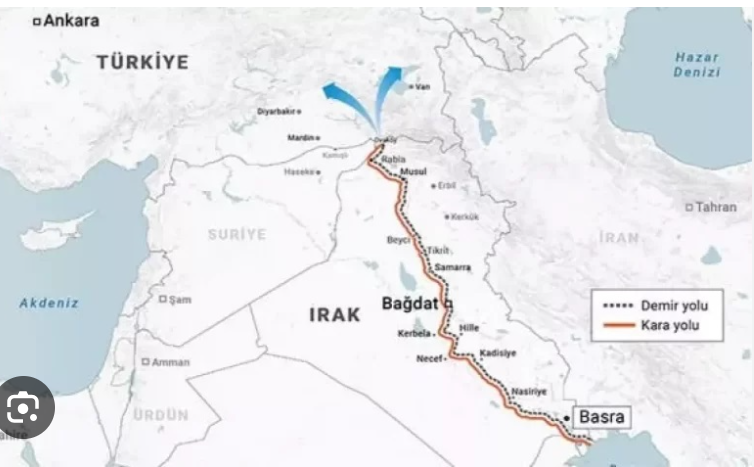Turkey has been in “intensive negotiations” to find its alternative to the India-Middle East trade corridor plan which was finalised at the G20 summit this month, as the country aims to bolster its historic role in the transport route for goods sent from Asia to Europe, reports WION news agency.
Turkey has not supported the proposed India-Middle East route which would transport goods from the subcontinent to European markets, passing through the United Arab Emirates, Saudi Arabia, Jordan and Israel.
The trade corridor, which has been supported by the US and EU as they try to counter the growing influence of China, will be completely bypassing Turkey.
No corridor without Turkey: Erdogan
Turkish President Recep Tayyip Erdogan said after the G20 Summit that “there can be no corridor without Turkey”, adding that “the most appropriate route for trade from east to west must pass through Turkey”.
Erdoğan angry at India-Middle East-Europe corridor — ‘no corridor without Turkey’
Since then, the country’s foreign minister Hakan Fidan has doubled down on the scepticism, stating this week that “experts had doubts that the primary goal [of the India-Middle East corridor] was rationality and efficiency” and suggesting “more geostrategic concerns” were at play.
“A trade route does not only mean meeting trade alone. It’s also a reflection of geostrategic competition,” said Fidan, while responding to a question from the Financial Times.
Turkey has now proposed an alternative route called the Iraq Development Road initiative, as Fidan insisted that “intensive negotiations” are underway with Qatar, the UAE and Iraq about a project which would be forged “within the next few months”.
Through the proposed $17 billion route, goods will be taken from the Grand Faw port in southern Iraq, passing through 10 Iraqi provinces, to Turkey, as per the diagrams released by the Baghdad government.
“Turkey lacks the financing to realise the full scope of the project, and seems to be counting on UAE and Qatari support to build the proposed infrastructure,” stated Emre Peker, Europe director at the Eurasia Group think-tank, while speaking to the Financial Times.
“For that to happen, the Gulf states would need to be convinced of good returns on investment — something that is not imminently evident with the [Development Road] project,” Peker stated.
He stated that there are also “issues around security and stability that threaten both construction and the long-term feasibility of the project”.
Follow our English language YouTube videos @ REAL TURKEY: https://www.youtube.com/channel/UCKpFJB4GFiNkhmpVZQ_d9Rg
And content at Twitter: @AtillaEng
Facebook: https://www.facebook.com/realturkeychannel
